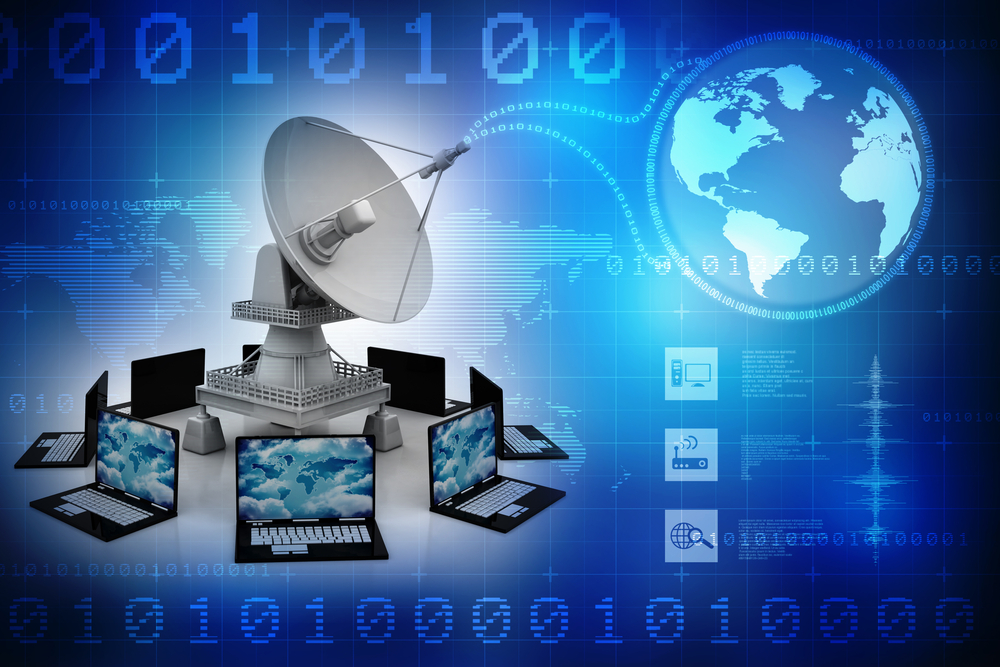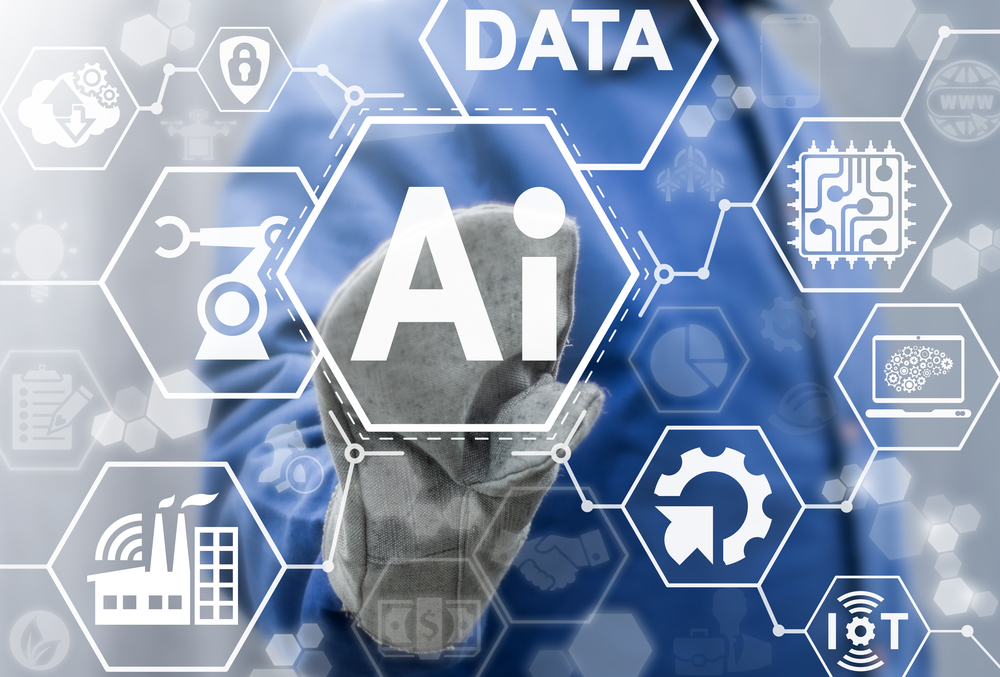The idea that computers have some amount of “intelligence” is not new, says Haupter, pointing as far back as 1950 when computer pioneer Alan Turing asked whether machines can think.
Nowadays, Artificial Intelligence is playing an ever-growing role in our everyday lives, so there is no surprise that it is already changing the way a workplace looks, feels, and functions, across every industry.
Table of Contents
1. Everybody will have a Personal Assistant
Everybody will have a Personal Assistant AIs, and they will keep getting smarter. As our personal assistants learn more about our daily routines, soon we won’t have to worry about planning our work and the next day.
Along with work, they will get to know our lifestyle better than us. They will know a lot about us, what we like or dislike to eat and when we have dinner. Also, which days we work and for how many hours, weekends plan are different, etc.
2. AI will be used in your company too

As AI permeates the enterprise, everyone – from the CEO and business unit, leaders to your middle managers, and frontline employees – will need to be familiar in some basic terminology. AI-based tools can be used for collecting and analyzing data, and also for report generation.
There are a lot of ways how AI can bring value to your company, but everything depends on your industry and use case. AI can build better products, to make better decisions, automate time-consuming processes, increase profitability, and much more.
3. AI will generate media specific to your personal preferences

As there is a rapid pace in increasing technology, today, AI can curate new personalized media, such as news according to your taste. Depending on what we search, our previous behaviors, interactions, and daily usage, AI analyses the data and gives us the recommendations on what we would like to view.
4. Building the Ultimate Manager
The judgment of human behavior was once reserved for, well, humans. But increasingly, algorithms are the ones evaluating and drawing conclusions on our actions and even intentions. The HR departments are more likely to use AI for moving more scalable (and hopefully, more reliable) insights into possible attrition risks, attributes of high performers, and what makes teams tick.
A company in Boston named Humanyze is experimenting with smart ID badges which track how employees interact with each other throughout the day, which helps employers to look for patterns to figure out how work should actually get done.
Textio, a Seattle start-up, uses AI to help companies craft the right recruiting ads. Intel is looking at using AI to power a new internal tool that would match employees to other opportunities within the company, all in the name of retention. These new capabilities could help companies to attract and retain the talent they need.
5. Your doctor is going to use AI
AI can play an important role in dealing with the massive medical data and turning them into valuable treasure. With AI, medical data can be collected in a very short time compared with that of traditional manual work and be extracted as organized data which will help hospitals to improve their complementary health services. Also, some of the leading healthcare systems have adopted some form of AI within their diagnostic groups.

